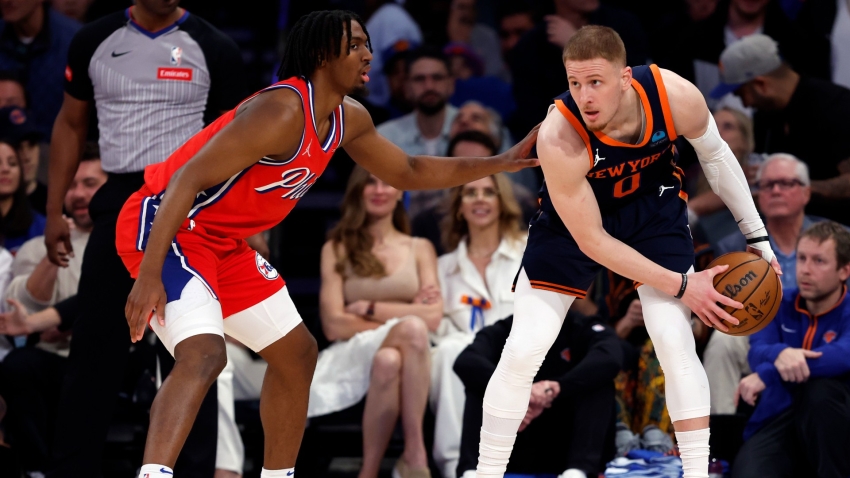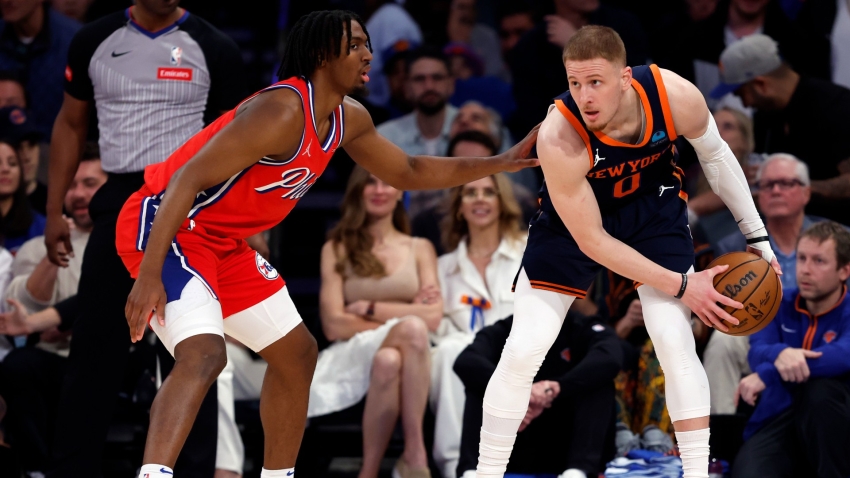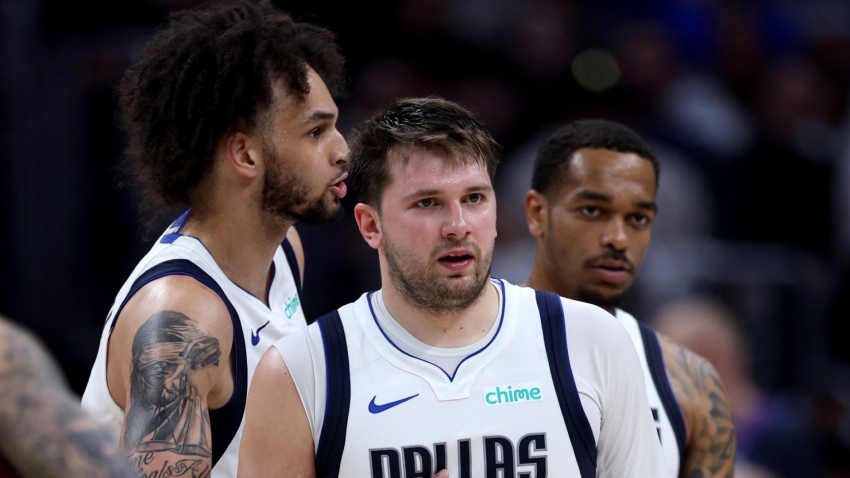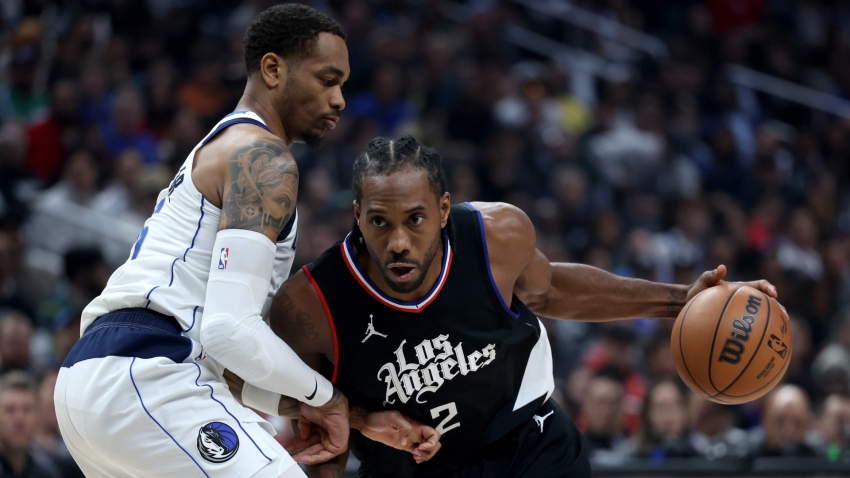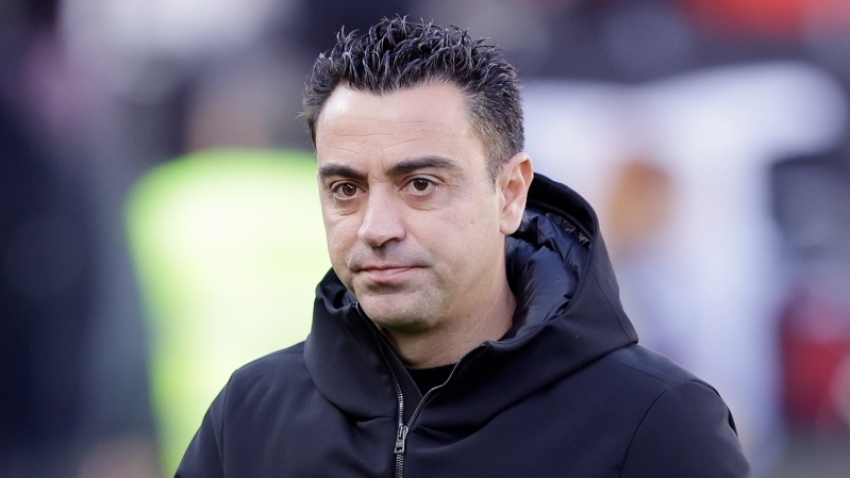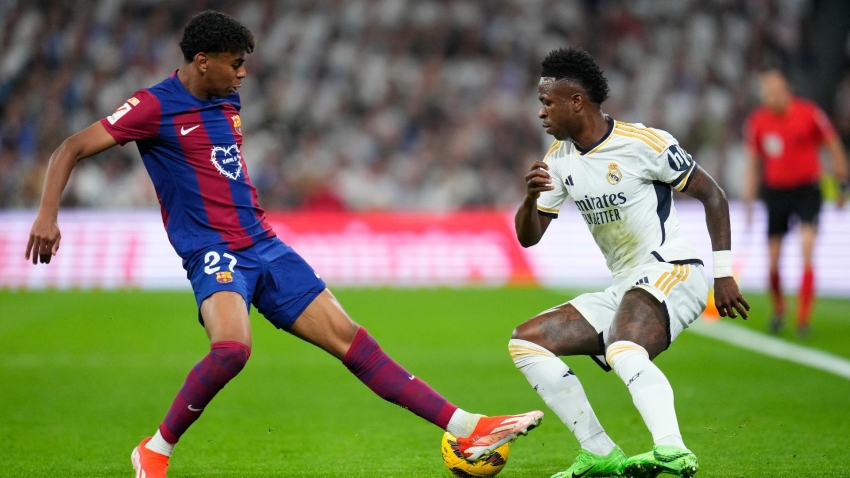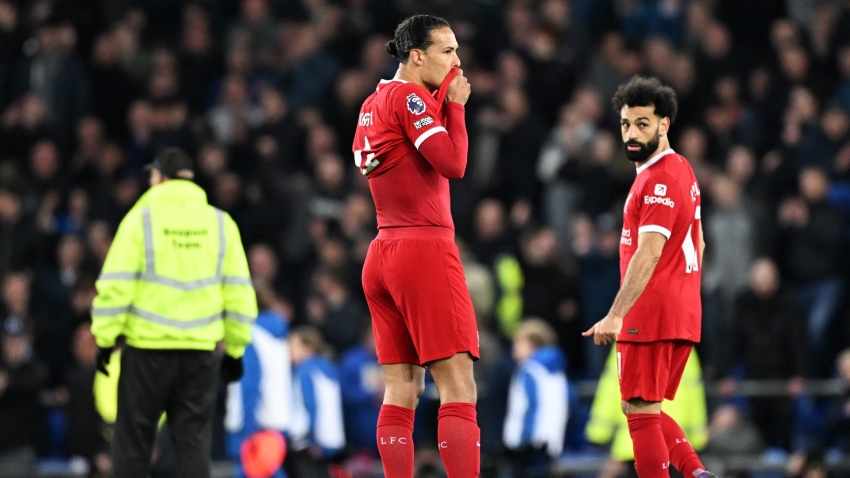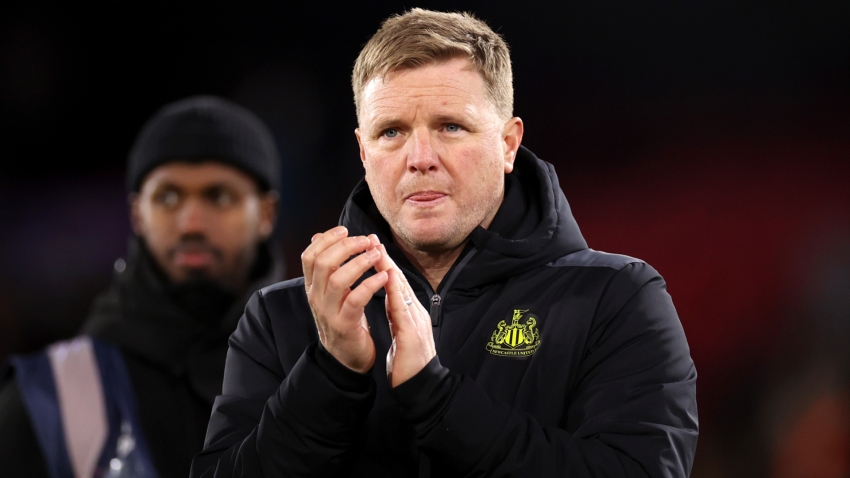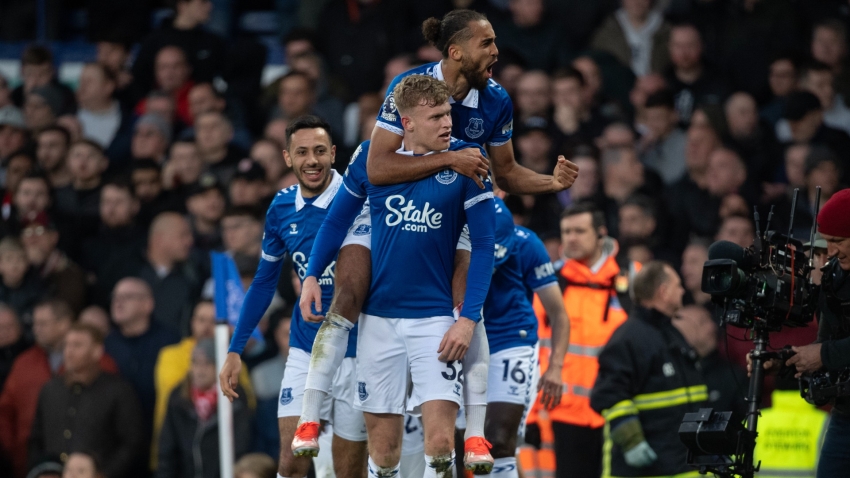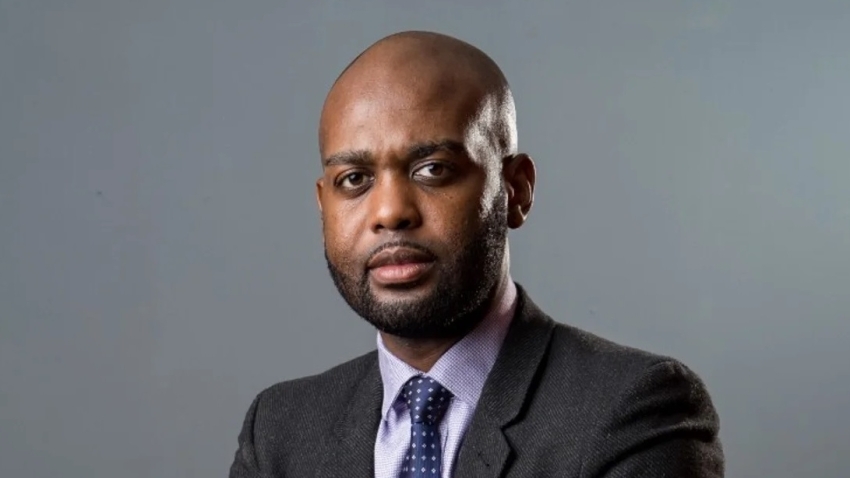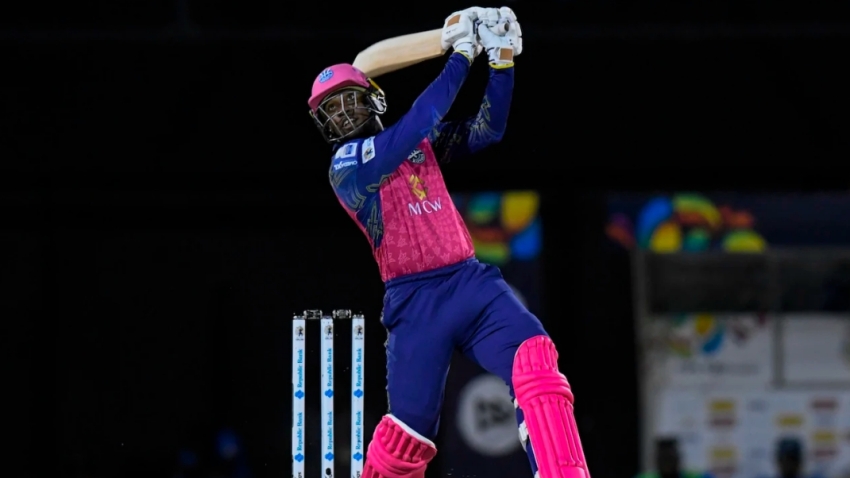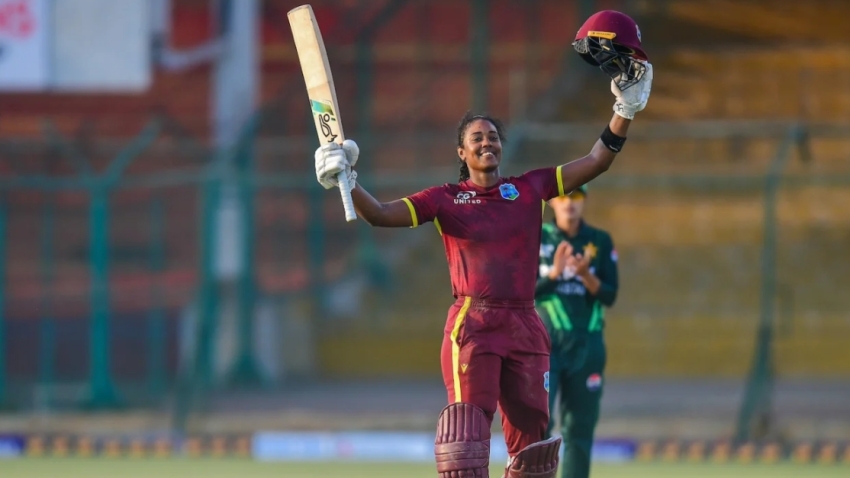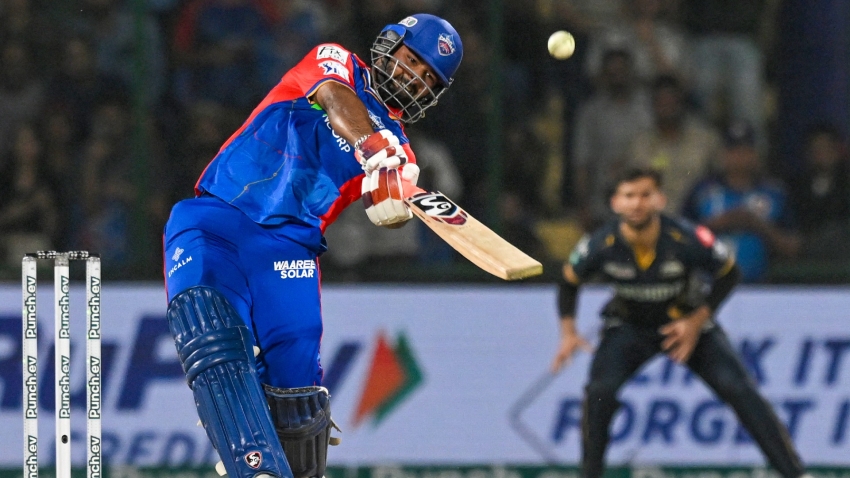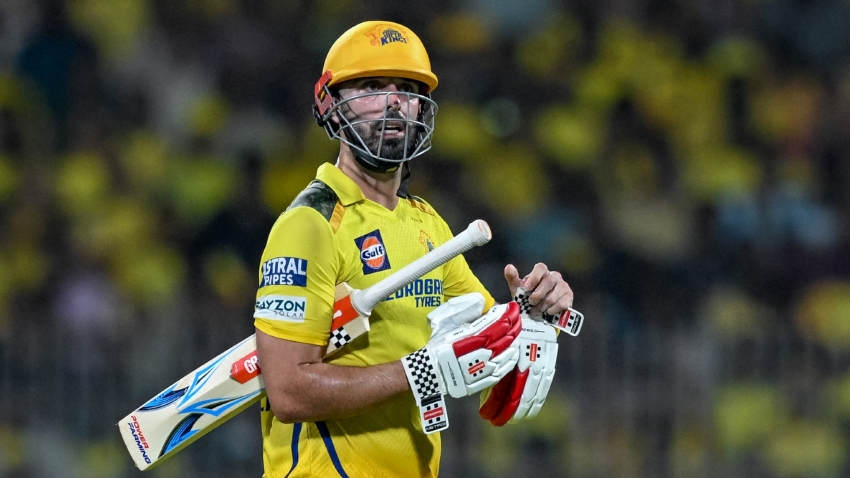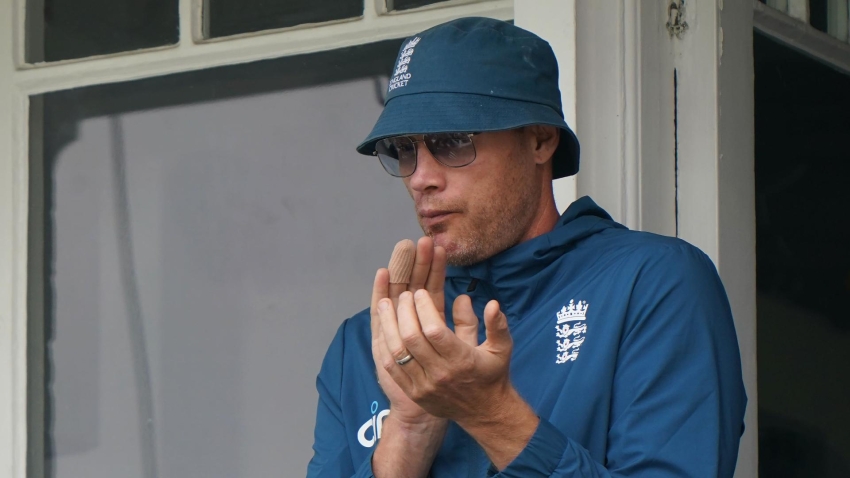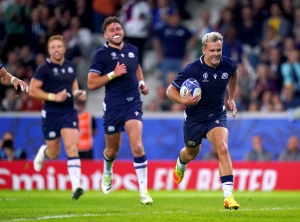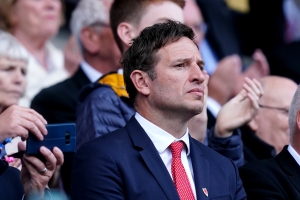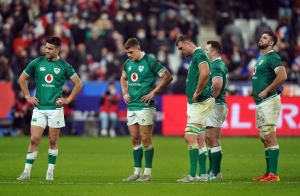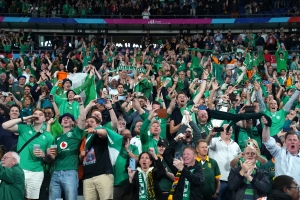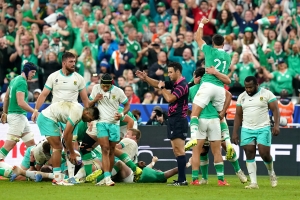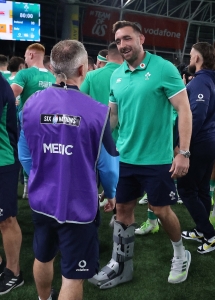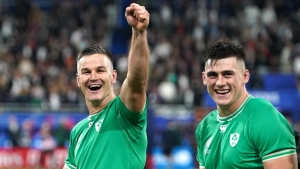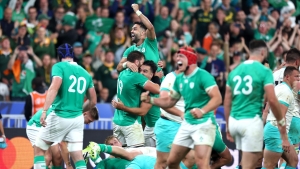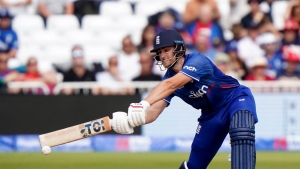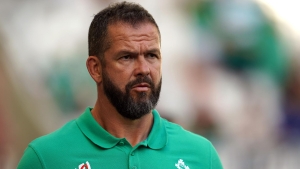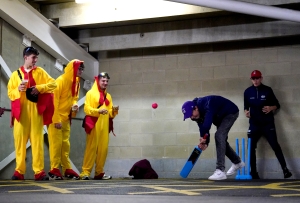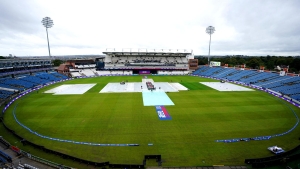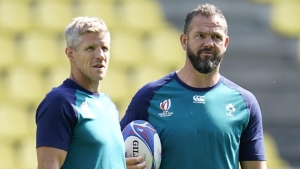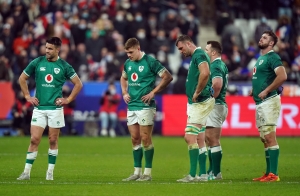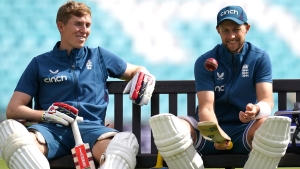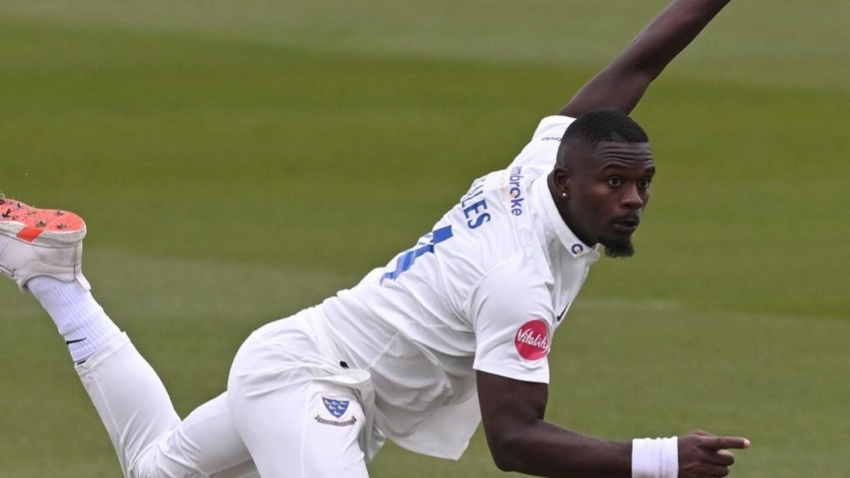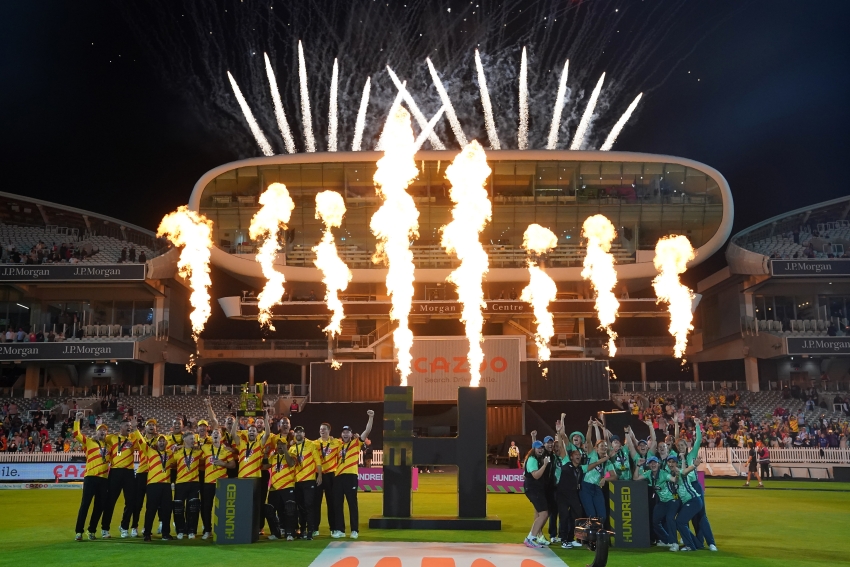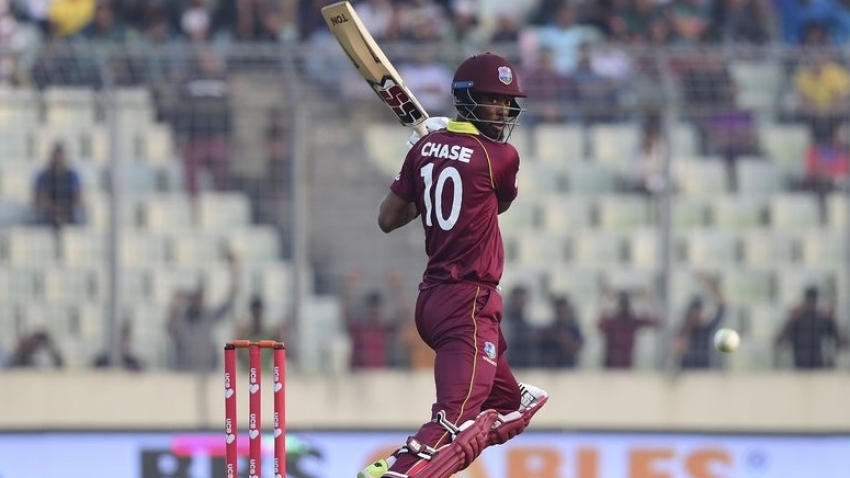England’s next generation offered a promising glimpse of their white-ball future as Will Jacks, Sam Hain and Rehan Ahmed all starred in a 48-run win over a full-strength Ireland.
Jacks’ 94 off 88 balls contained seven fours and four sixes, contrasting with a more understated 89 off 82 deliveries from Hain, but the duo underpinned England’s 334 for eight in the second Metro Bank ODI.
Teenage leg-spinner Ahmed collected four for 54 as Ireland were all out for 286 in 46.4 overs at Trent Bridge against England’s understudies, for whom Phil Salt was the most experienced in his 15th ODI.
Ahead of this de facto series opener after a washout at Headingley earlier this week, England’s XI contained a combined 38 ODI appearances – compared with Ireland’s 720 – as the hosts made use of their deep pool of reserves, with their World Cup stars resting ahead of travelling to India next week.
Hain took top billing among the four England debutants but George Scrimshaw had fluctuating fortunes, bowling six front foot no-balls in his first two overs before rebounding with figures of 8.4-0-66-3.
Jamie Smith and Tom Hartley had more modest outings but this was still an impressive display amid an expected changing of the guard after the World Cup, while Jacks’ dazzling innings may have given the selectors a nudge about being on standby should injury befall the main group in the subcontinent.
Tipped as the successors to Jason Roy and Alex Hales, Jacks and Salt paid a fitting tribute to the pair who revolutionised opening the batting for England in the shorter formats, feasting on Ireland’s fruitless pursuit of early swing with a rash of fours to bring up the 50 stand in the sixth over.
Jacks sumptuously drove the expensive Josh Little for three successive fours but Craig Young found a better length, drawing the splice of Salt’s bat on 28 before stand-in captain Zak Crawley was lbw for a two-ball duck in his first England innings since leading their run-charts in this summer’s Ashes.
England ended the powerplay with Jacks dismissively swiping Barry McCarthy for six as he and Ben Duckett steadily rebuilt from Young’s double strike.
Put down on 44, Jacks went to fifty in style by clearing extra cover off Andy McBrine, who also went the distance off Duckett.
Fellow spinner Dockrell had more luck as Duckett paddled to short fine-leg on 48 to end a run-a-ball 102-run stand with Jacks, who slog swept the slow left-armer for his fourth six to move into the 90s.
Attempting a repeat to reach three figures in Dockrell’s next over, Jacks top-edged to Andy Balbirnie, who took a steepler a few feet in from the deep midwicket boundary.
England added just 140 in the final 20 overs but 15 of those came with Hain as the only frontline batter left after Smith holed out.
Hain, whose List A average of 57.96 is the second highest ever, had a single from his first 11 balls and was put down by a diving Harry Tector from his 12th but he gradually started to find rhythm.
Hain used his feet well to offset the bowlers’ lengths in an unobtrusive 52-ball fifty and while there were few big hits – he managed just eight fours in total – he was responsible for England going past 300. Needing 11 off the last over for his century, he miscued McCarthy to mid-off.
While England had their highest score in ODIs against Ireland, the tourists were aided by Scrimshaw’s repeated front-foot faults.
There were four no-balls in his first over in an England shirt and two, plus a wide, in his next as he leaked an eye-watering 35 having sent down just 11 legal deliveries.
When he drew Balbirnie’s outside edge with his 12th, Scrimshaw forlornly turned round to Rod Tucker after Ben Duckett snaffled the chance but the umpire gave a thumb’s up and patted him on his shoulder.
From the next ball, Paul Stirling, whose 250 List A appearances before Saturday was just 29 fewer than England’s XI combined, chopped on for 25 off 17 balls after Matthew Potts found lavish inward movement.
Ireland were up with the rate but wickets fell at regular intervals, with Ahmed into the act when the dangerous Tector was out for 39 after skewing to a backtracking Jacks.
Googlies from Ahmed snared McBrine and Mark Adair, while the youngest member of England’s XI had his fourth from his penultimate delivery as Dockrell clothed another wrong’un to Salt.
From 188 for eight, England were unable to finish proceedings quickly as Ireland’s last three batters McCarthy (41), Young (40 not out) and Little (29) all recorded ODI bests. But Scrimshaw took the final wicket as Little slammed to long-on to banish thoughts of a remarkable Ireland comeback.


